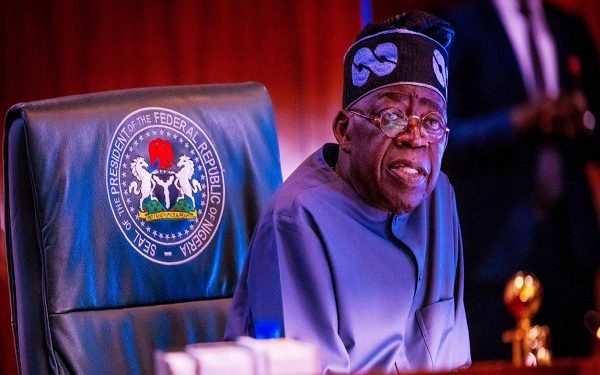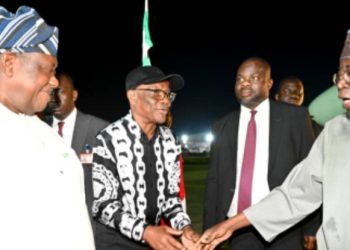…Targets 7% growth by 2027 to tackle poverty
President Bola Ahmed Tinubu has mandated a thorough review of all deductions and revenue retention procedures carried out by key revenue-generating agencies.
The agencies are the Federal Inland Revenue Service (FIRS), Nigeria Customs Service, Nigerian Upstream Petroleum Regulatory Commission (NUPRC), Nigerian Maritime Administration and Safety Agency (NIMASA), and the Nigerian National Petroleum Company (NNPC) Limited.
This was disclosed by the Minister of Finance and Coordinating Minister of the Economy, Mr Wale Edun, while briefing State House correspondents at the end of the Federal Executive Council (FEC) meeting chaired by President Bola Ahmed Tinubu.
He said the present directed the Economic Management Team to review all deductions from the Federation Account, including collection costs by FIRS, Customs, NUPRC, and NIMASA, as well as charges by NNPC.
He sad the team is expected to submit actionable recommendations to the Federal Executive Council for the best way forward.
The minister said the presidential directive is aimed at optimising public savings, enhancing spending efficiency and freeing up more resources to finance growth.
He said the president specifically called for a reassessment of NNPC’s 30% management fee and 30% frontier exploration deduction provided under the Petroleum Industry Act.
The minister said President Tinubu reaffirmed his administration’s Renewed Hope Agenda, saying that the target remains to build a $1 trillion economy by 2030.
“To achieve this, the economy must grow by at least 7% annually from 2027,” he said.
He described the growth target as “not just an economic target but a moral imperative,” stressing that higher growth is the only sustainable path to tackling poverty.
He said the president cited the July 2025 IMF Article IV report, which affirmed Nigeria’s economic trajectory and underlines the importance of investment-led growth.
He said the president highlighted the launch of the Renewed Hope Ward Development Programme, a ward-based initiative covering all 8,809 wards across Nigeria’s 774 local government areas.
According to him, the programme is designed to empower economically active individuals at the grassroots through a micro-level poverty reduction approach.
The minister said the macroeconomic stability indicators are improving with exchange rates stabilizing, inflation decreasing, revenues increasing and debt-to-GDP ratios aligning within target ranges.
He said Nigeria is now regarded as an attractive investment destination across various sectors, supported by a competitive exchange rate.









